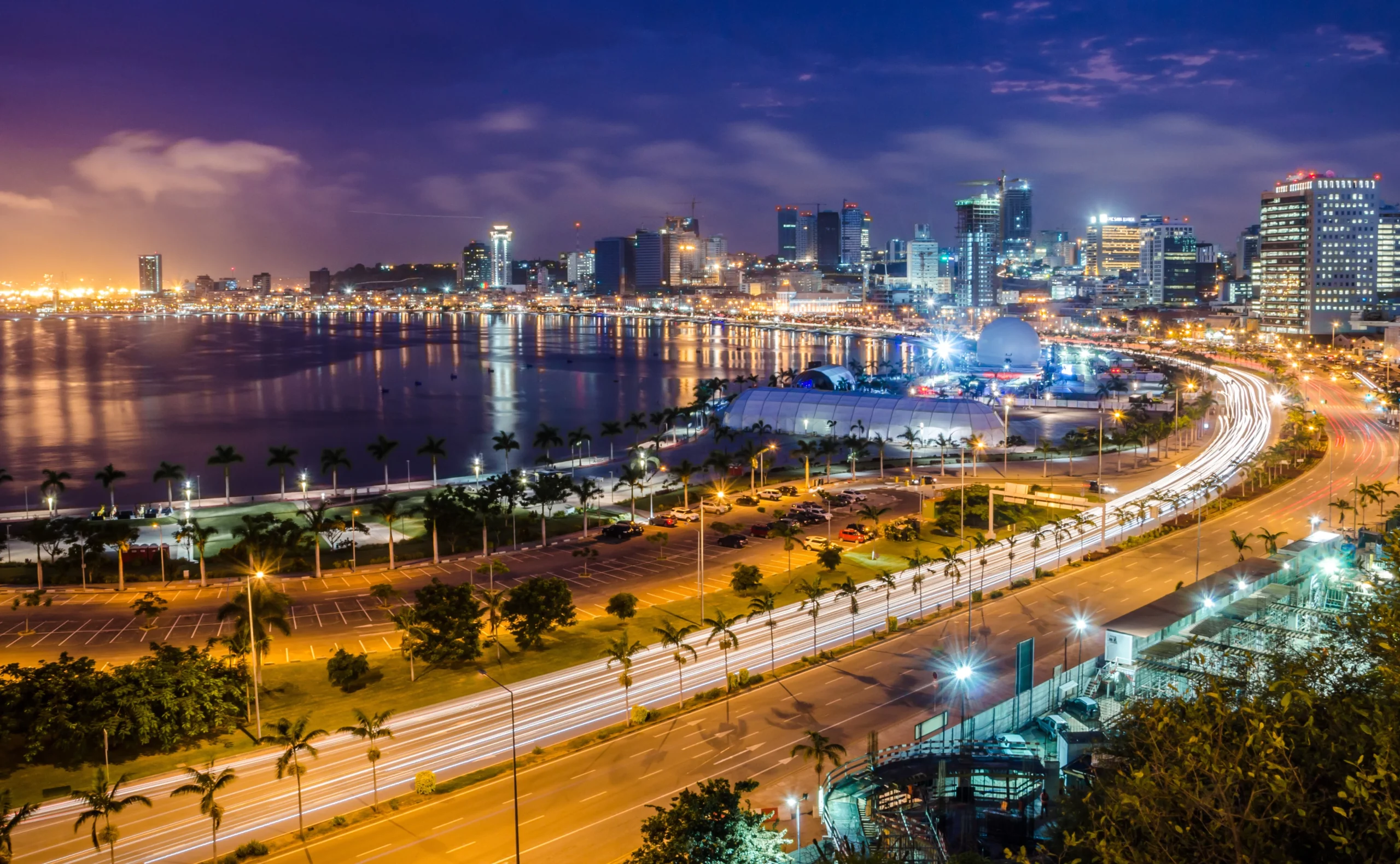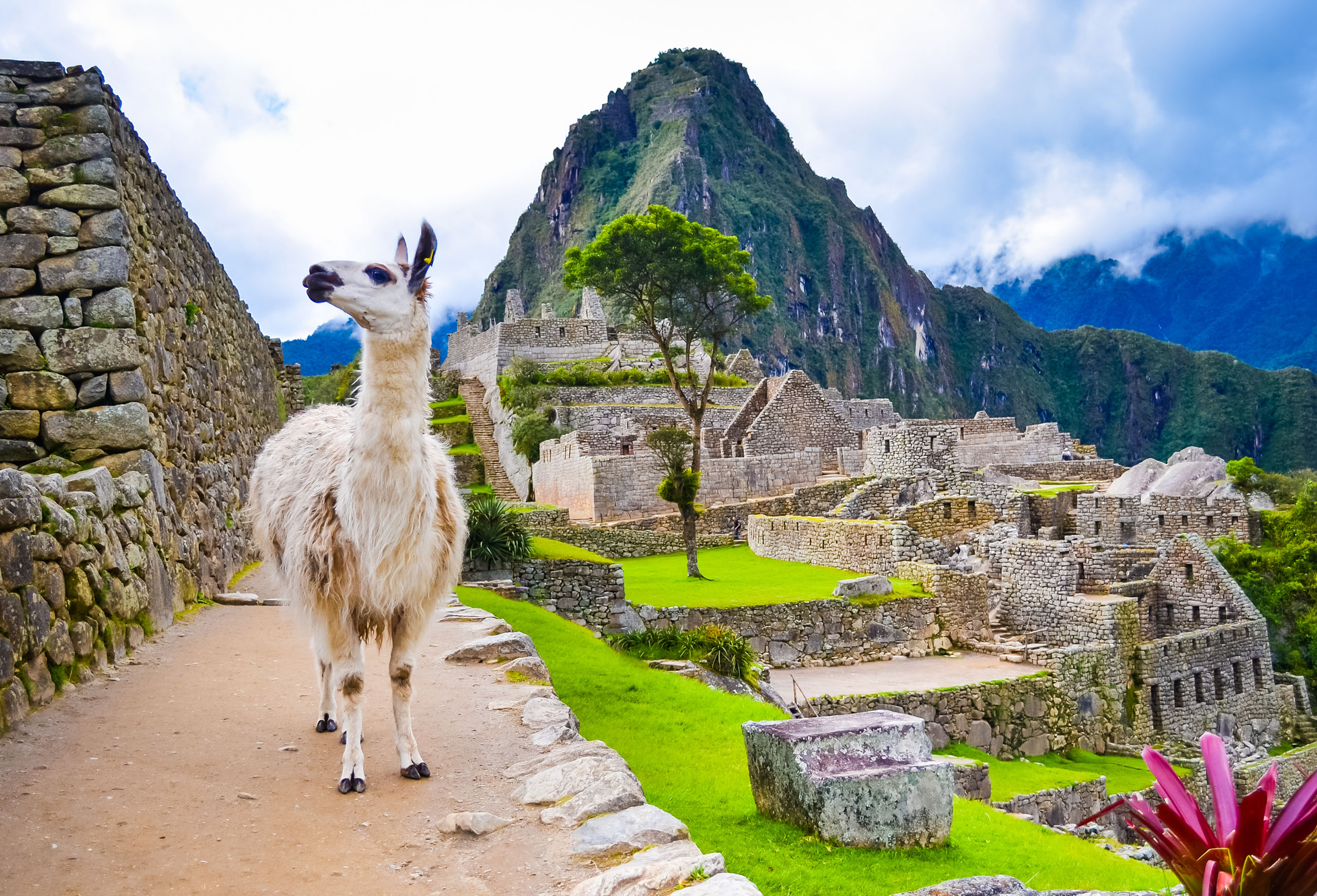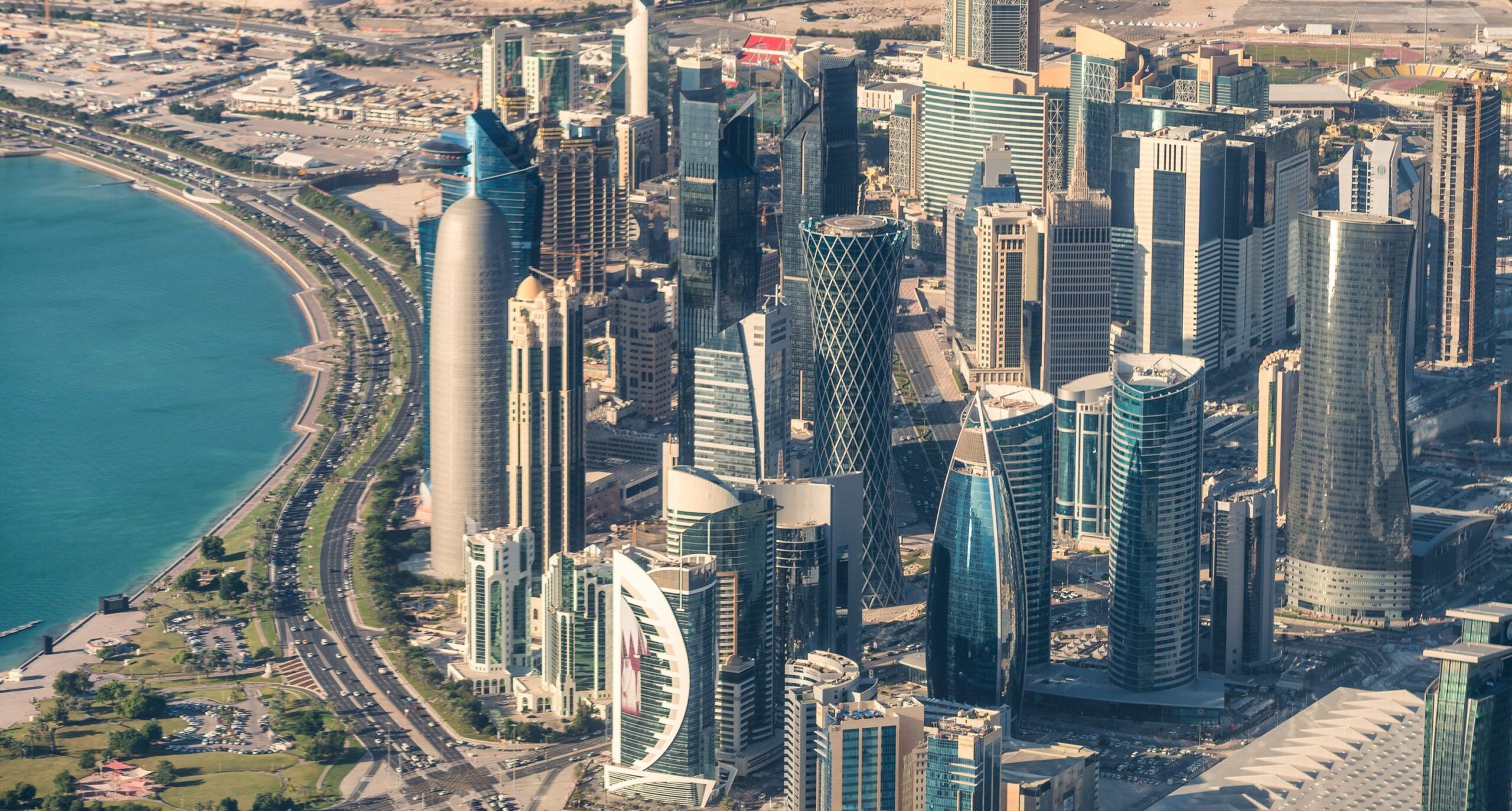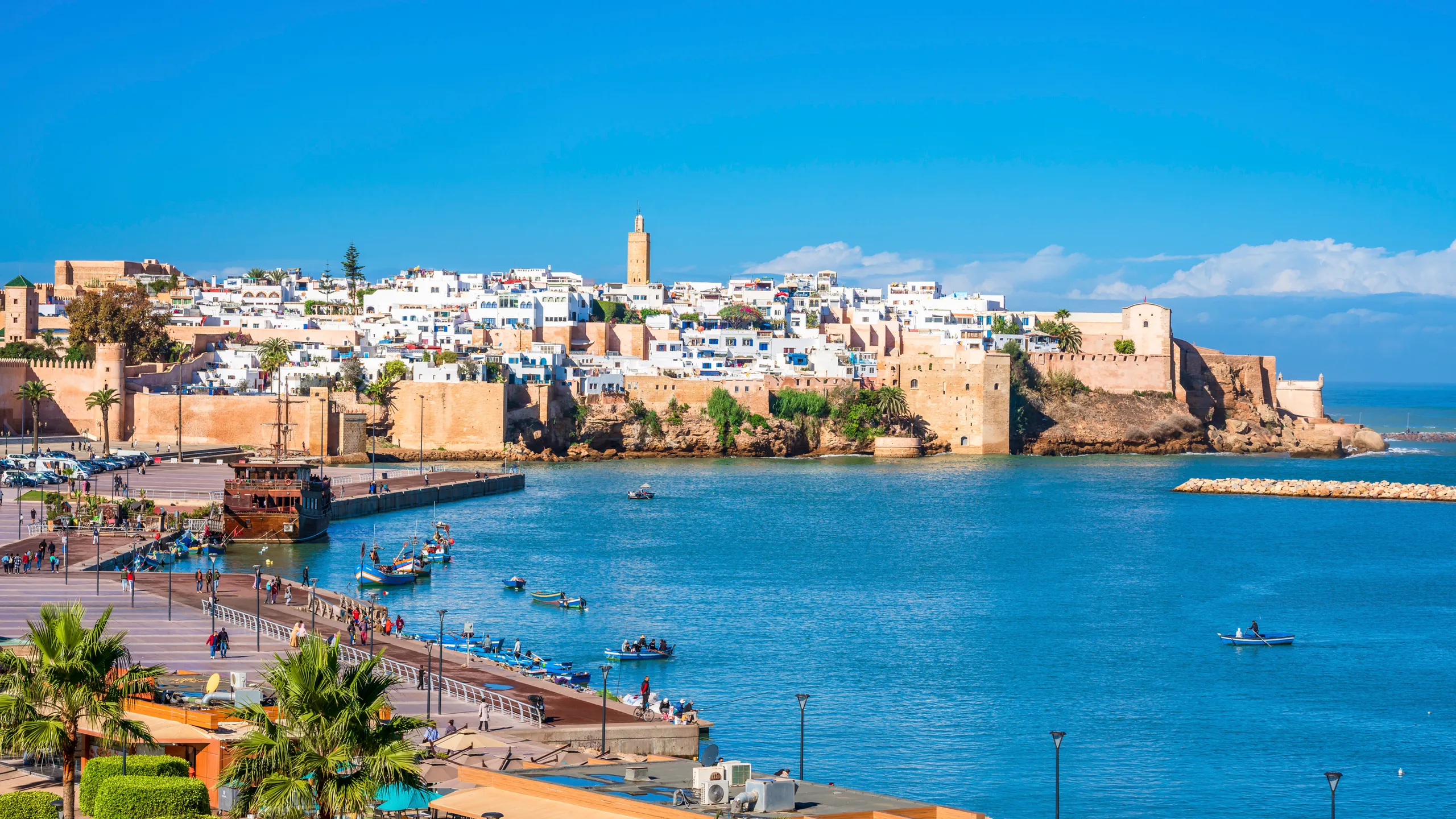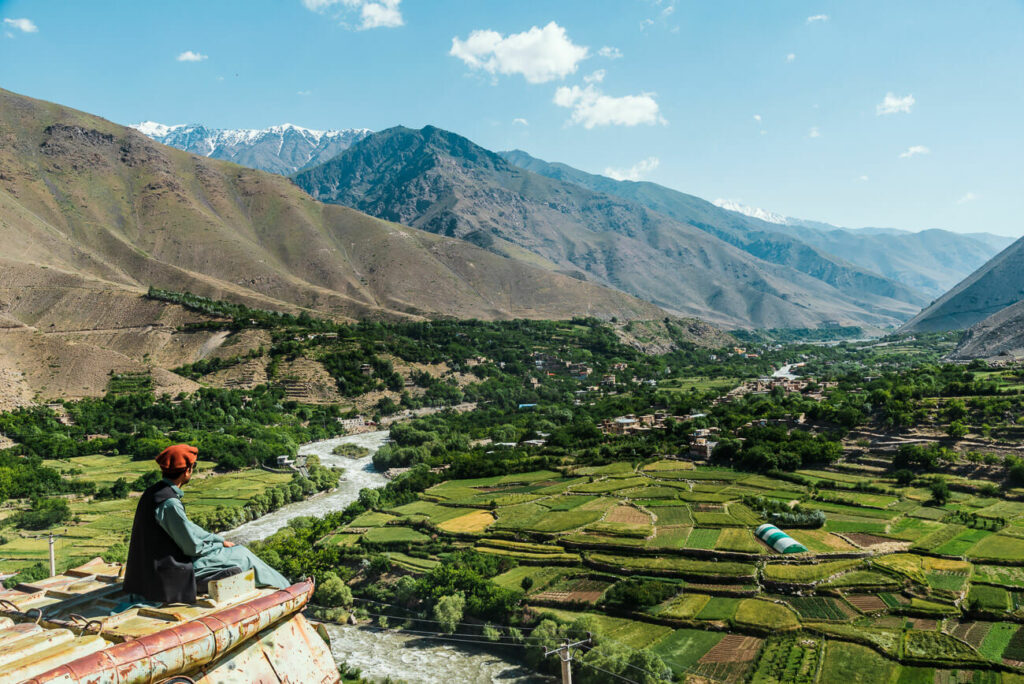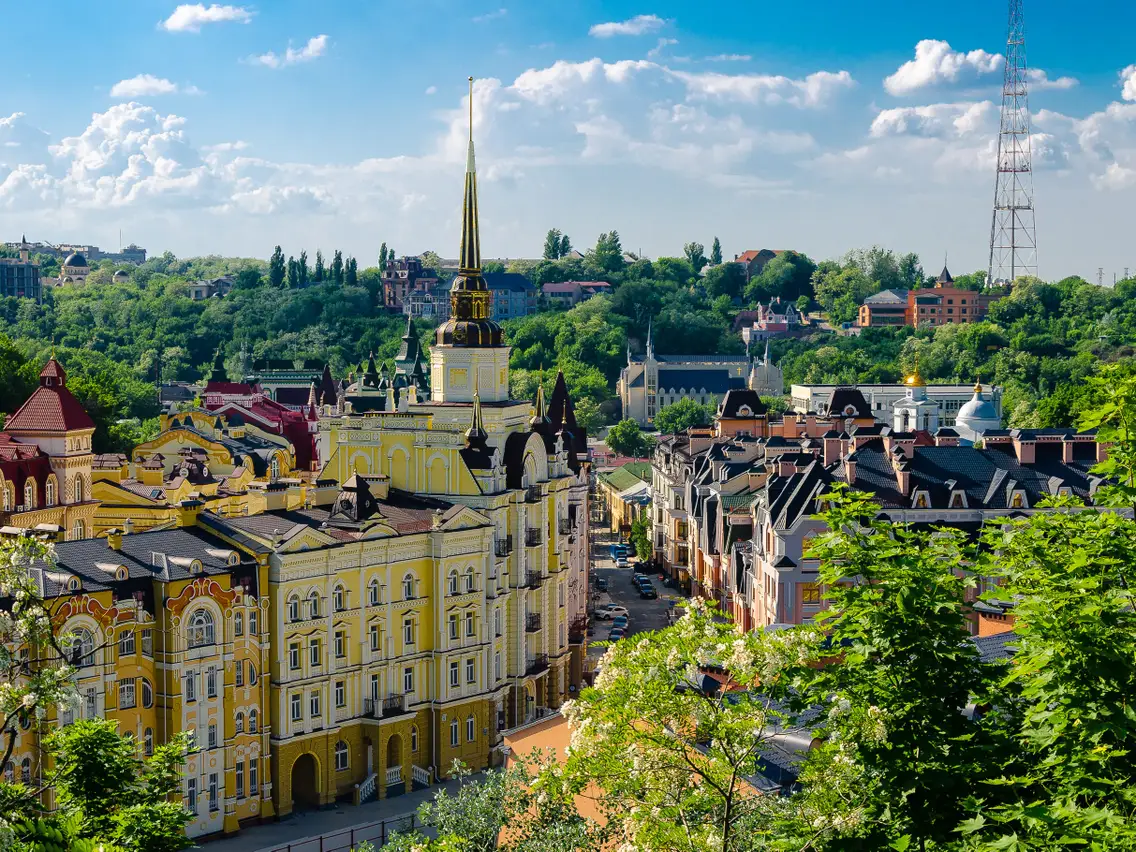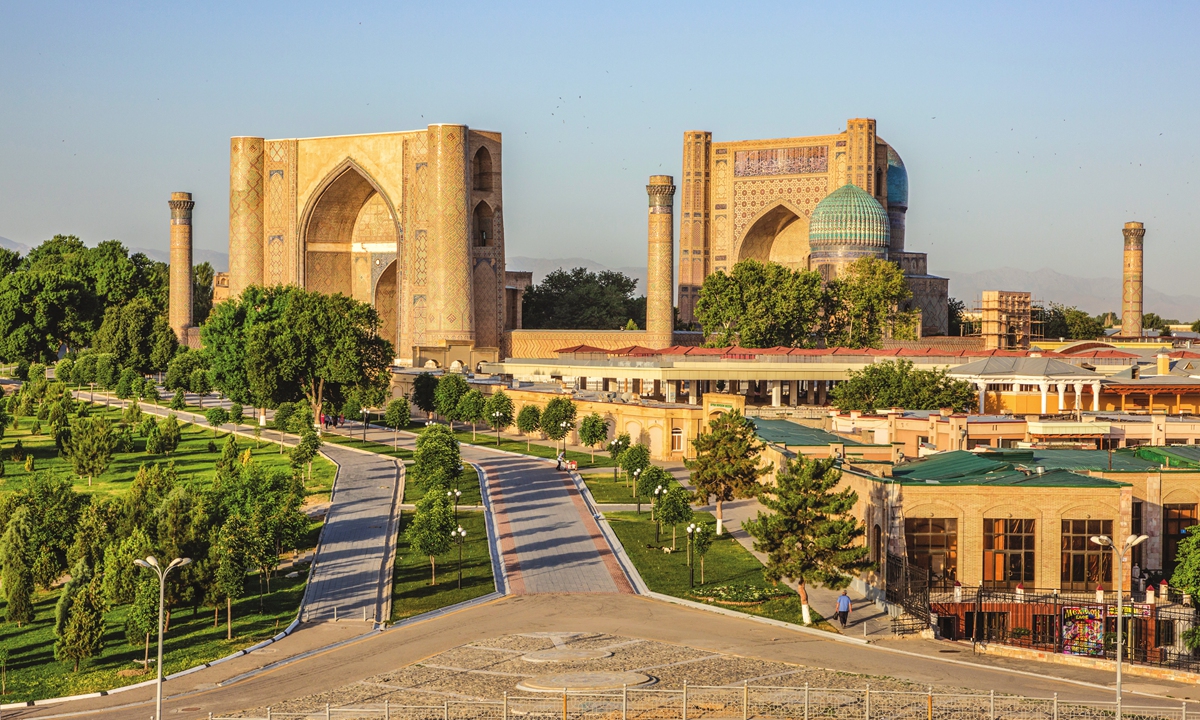
Uzbekistan, officially known as the Republic of Uzbekistan, is a landlocked country in Central Asia. It is bordered by Kazakhstan to the north, Kyrgyzstan to the northeast, Tajikistan to the southeast, Afghanistan to the south, and Turkmenistan to the southwest. Tashkent serves as its capital and largest city. Known for its rich history as a key location on the ancient Silk Road, Uzbekistan boasts a profound cultural heritage that includes significant contributions to science, mathematics, and art.
The nation’s landscape is predominantly desert, with the fertile Fergana Valley in the east and the Aral Sea in the west. Uzbekistan declared independence from the Soviet Union in 1991, and since then, it has been transitioning towards a market-based economy, with agriculture and natural resources like cotton, gold, and natural gas playing major roles. The country is known for its distinctive architecture, vibrant bazaars, and hospitable culture, making it a growing destination for international tourism.

